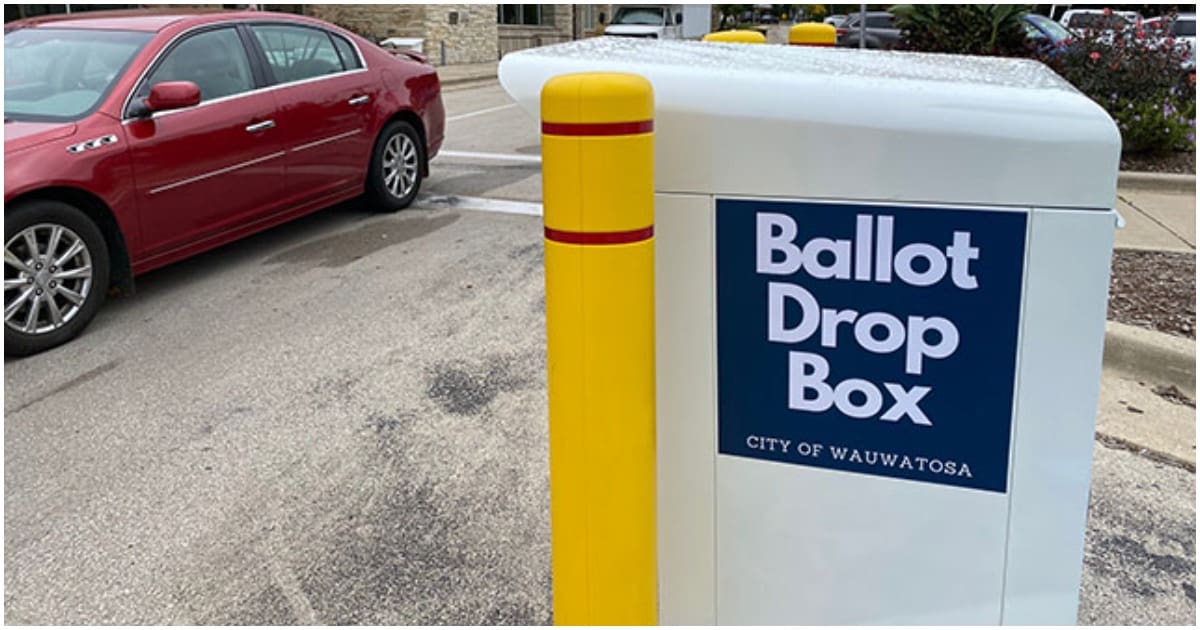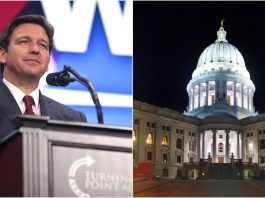A group with ties to national Democrats filed a lawsuit challenging Wisconsin’s requirement that someone sign off on absentee votes in the state.
The Elias law firm filed a lawsuit on behalf of four Wisconsin voters that claims the state’s witness requirement violates both the Voting Rights Act of 1965 and the Voting Rights Act of 1970.
“When Congress enacted the Voting Rights Act in 1965, it took aim ‘at the subtle, as well as the obvious,’ discriminatory state voting regulations,” The suit begins. “One especially pernicious practice adopted by southern states after the Civil War required any would-be voter to produce a ‘supporting witness’ willing to…’vouch’ for the aspiring voter’s qualifications.”
Wisconsin law requires anyone voting absentee to have a witness sign off on their ballot envelope. Absentee ballots that don’t have a full and proper witness signature are not supposed to count. The Wisconsin Supreme Court barred local election officials from curing ballots that don’t have the required signatures or other information.
“Generally, Wisconsin requires a voter to procure the assistance of an adult U.S. citizen witness to cast a valid absentee ballot. The witness must observe that the ballot is unmarked and observe the voter mark it and seal it in the ballot envelope. No one else may be present when the voter marks the ballot. Both the voter and the witness must then execute attestations.
The voter must attest, among other things, that they are entitled to vote, they exhibited the enclosed ballot unmarked to the witness and they then, in the witness’s ‘presence and in the presence of no other person,’ marked the ballot and sealed the ballot envelope,” the lawsuit states. “The witness, in turn, must attest that ‘the above statements’ – those made by the voter in the voter attestation—’are true.’.”
Wisconsin is not alone in requiring absentee ballot witnesses. Nine other states – Alabama, Alaska, Kentucky, Louisiana, Minnesota, North Carolina, Rhode Island, South Carolina, and Virginia – also require witnesses to sign off before absentee ballots can be counted.
Mississippi, Missouri, Oklahoma, and South Dakota require absentee ballots be notarized, or at least include a copy of a state ID.
Two of the voters named in the Wisconsin lawsuit are students who attend school out of state, another is a Wisconsin native who lives overseas and the fourth is an elderly woman who lives by herself.
Current Wisconsin law allows all four to vote absentee, and the witness signature requirements have not stopped them from voting absentee in the past several elections.
The lawsuit names the Wisconsin Elections Commission and election commissioners as defendants. The Elections Commission has not commented on the lawsuit.












